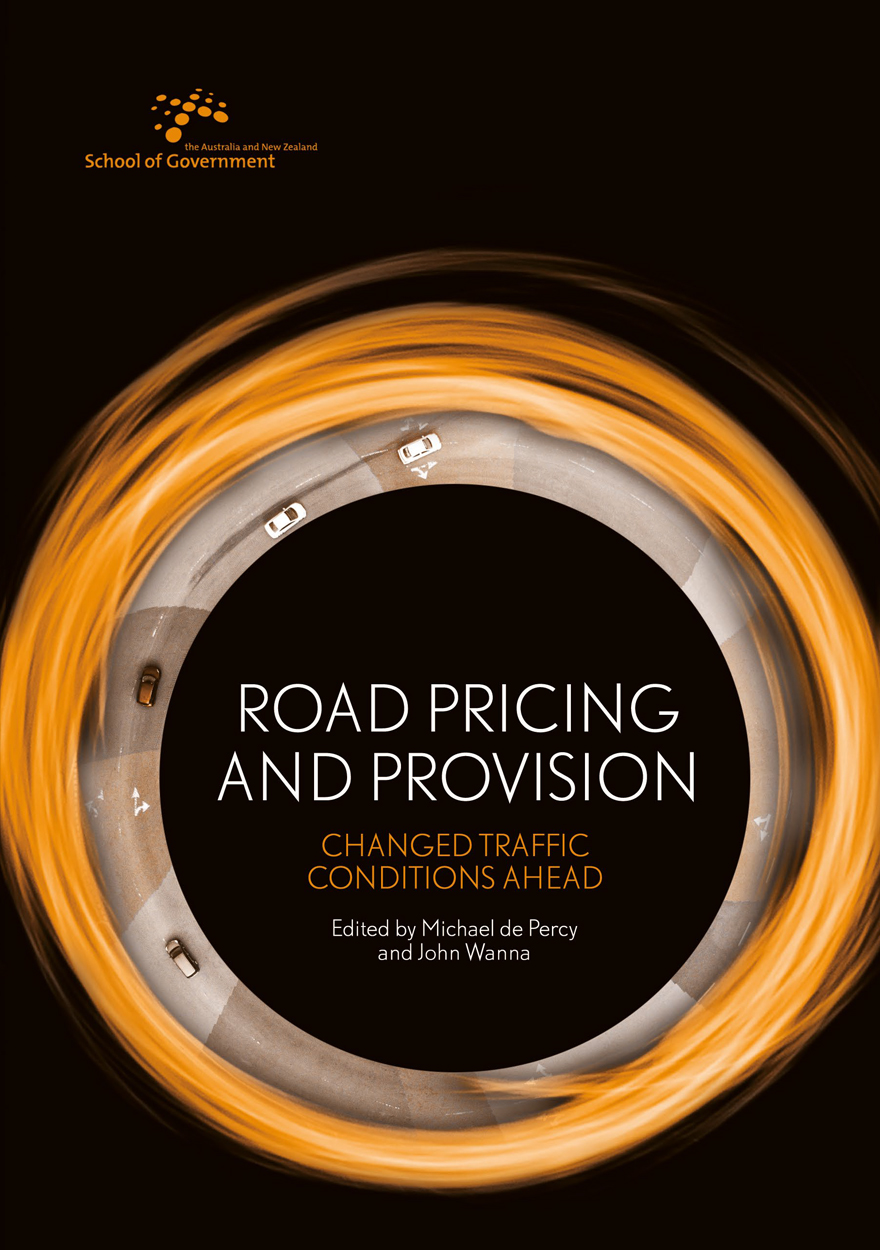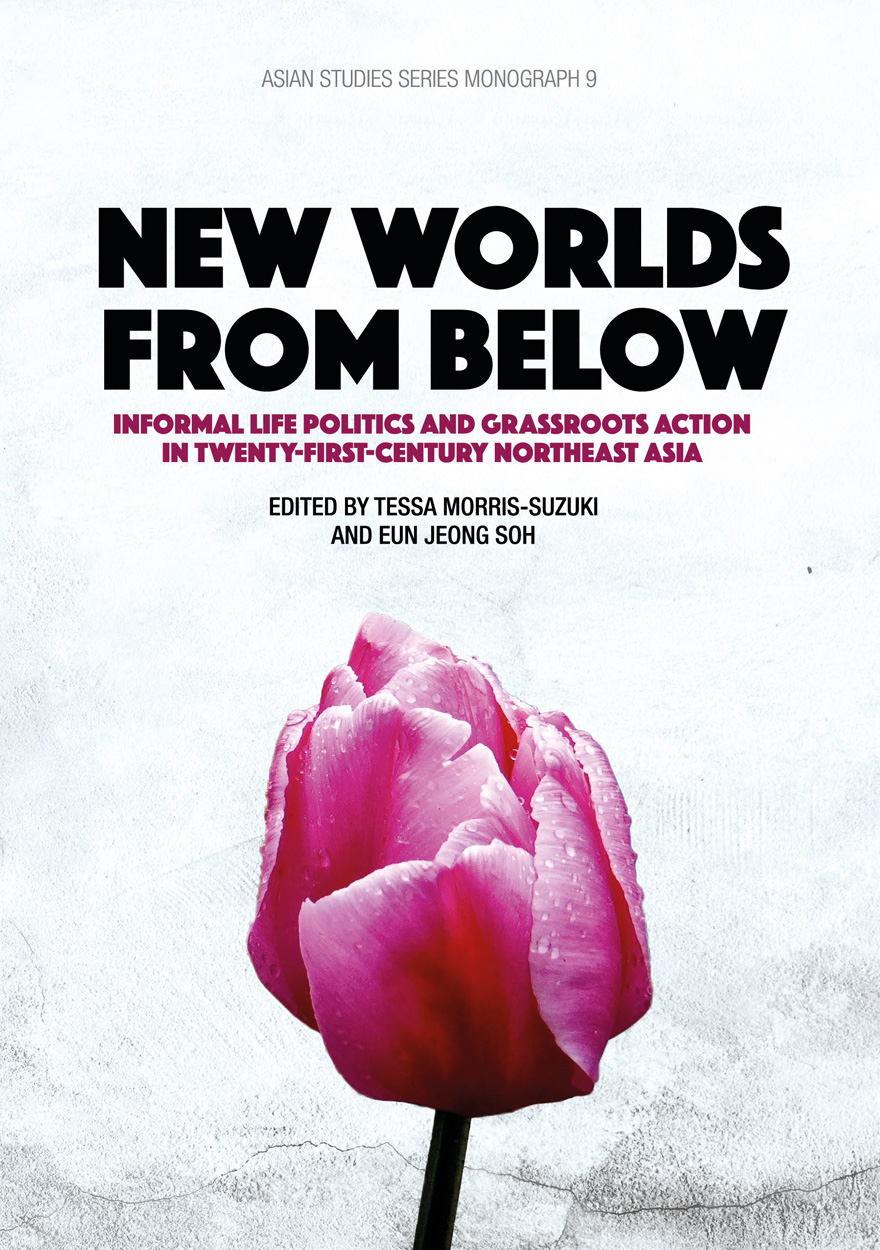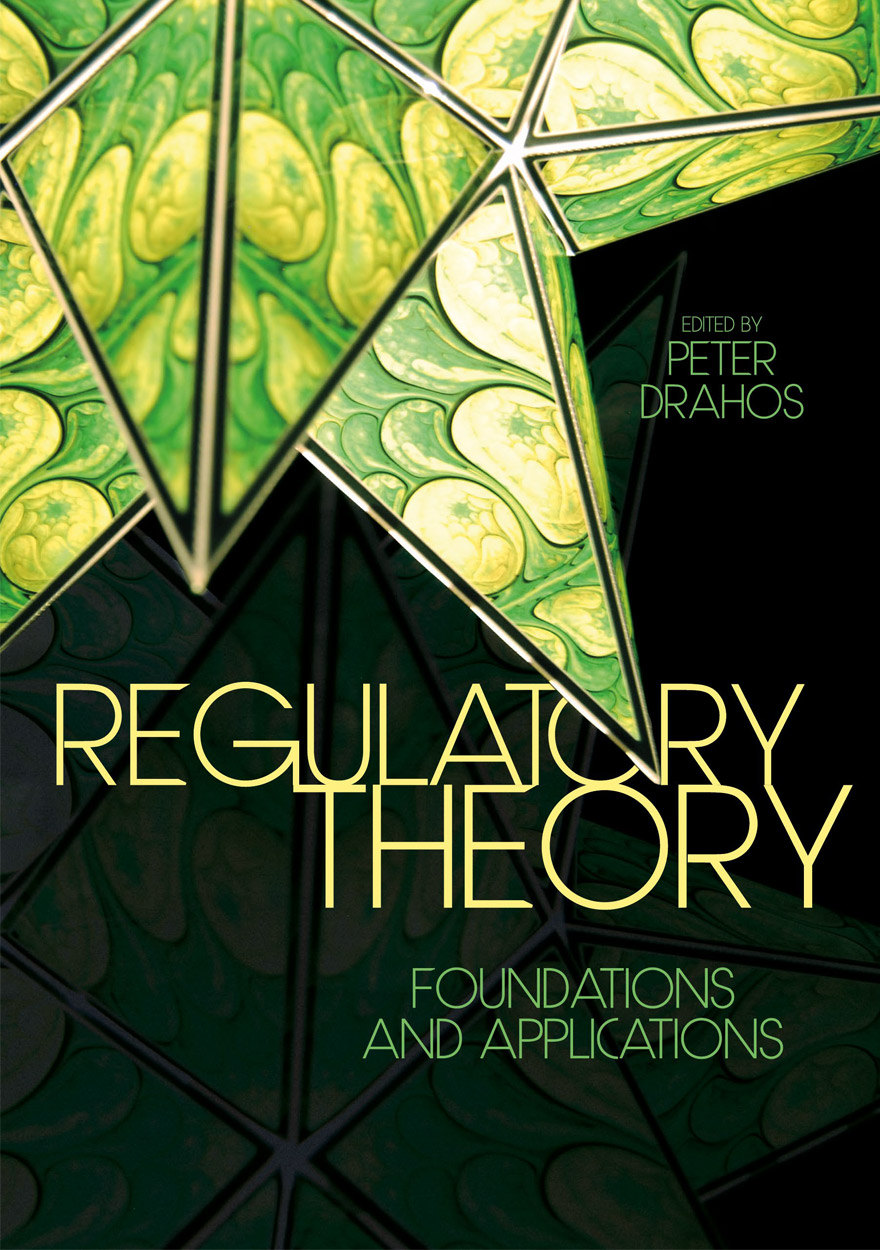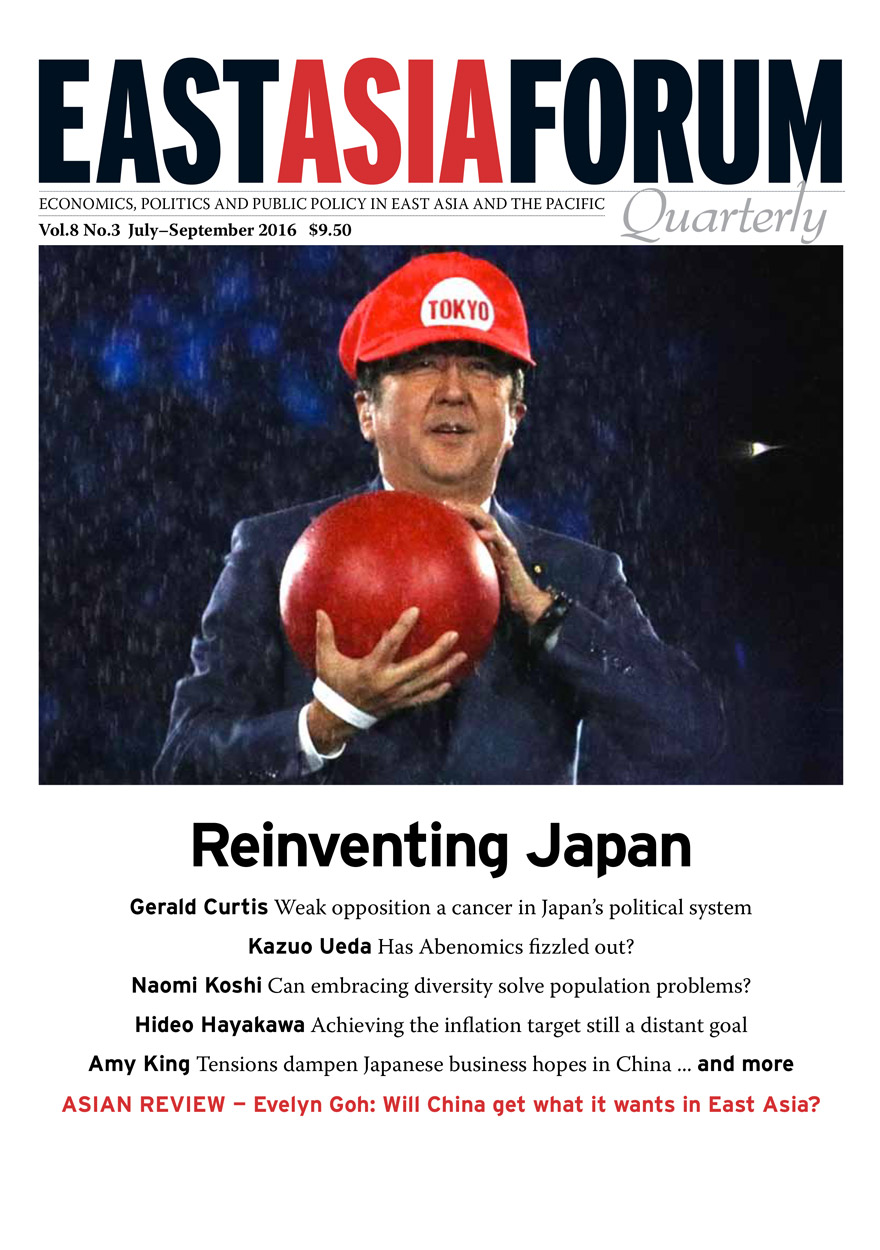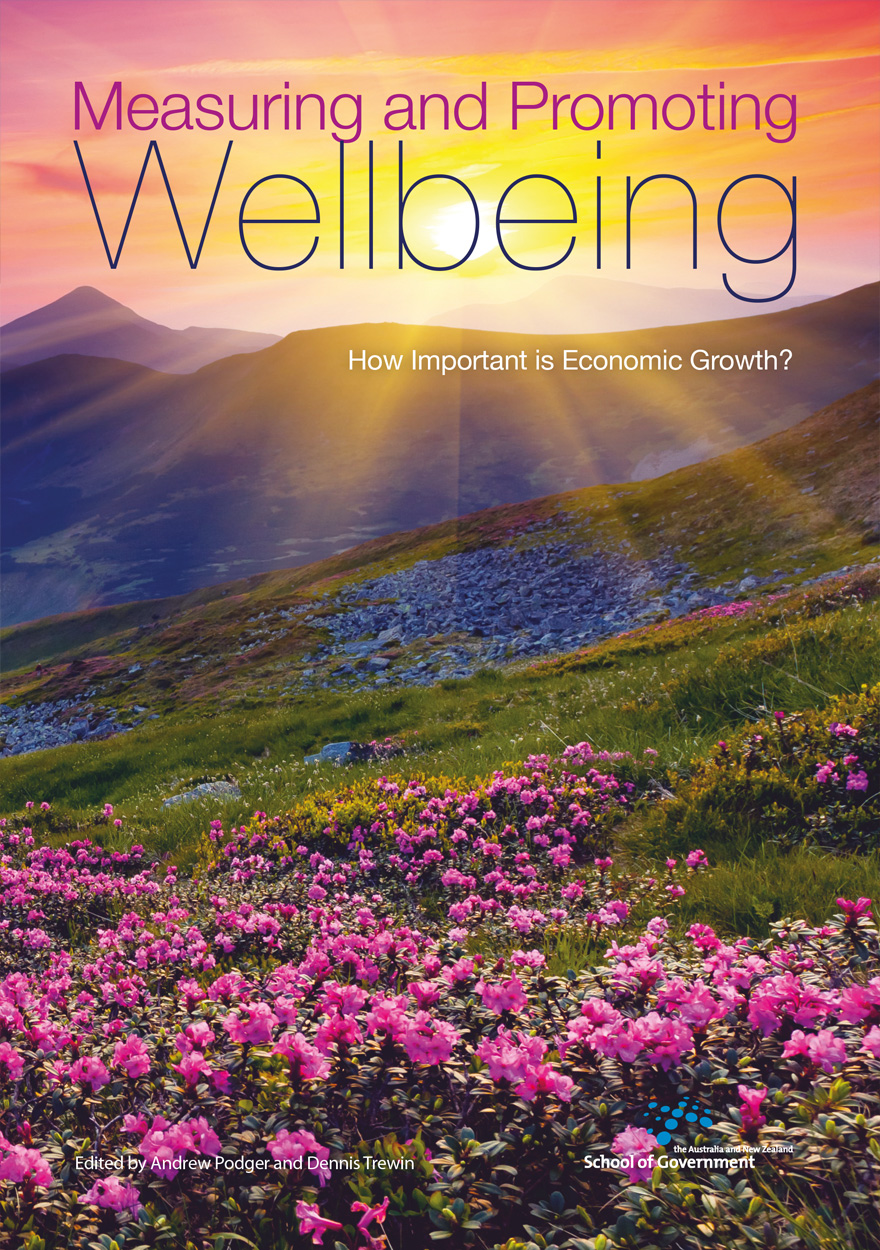
Measuring and Promoting Wellbeing
How Important is Economic Growth?
Edited by: Andrew PodgerPlease read Conditions of use before downloading the formats.
Description
Australia continues to be at the forefront of international work on measuring and promoting wellbeing, Ian Castles being a significant contributor over the last forty years as an official and academic. This book combines a selection of Castles’ important work with contemporary research from a range of contributors.
The material is in four parts:
1. The role of economics in defining and promoting wellbeing
2. Measuring real income and wellbeing
3. Measuring inequality
4. Climate change and the limits to growth.
The issues canvassed are both long-standing and current. Does economic growth contribute to wellbeing? How different is income to wellbeing? How do we measure societal wellbeing and take its distribution into account? The book will be of value to all those looking to informed debate on global challenges such as reducing poverty, sustaining the environment and advancing the quality of life, including politicians, commentators, officials and academics.
Details
- ISBN (print):
- 9781925021318
- ISBN (online):
- 9781925021325
- Publication date:
- Apr 2014
- Imprint:
- ANU Press
- DOI:
- http://doi.org/10.22459/MPW.04.2014
- Series:
- Australia and New Zealand School of Government (ANZSOG)
- Co-publisher:
- The Australia and New Zealand School of Government (ANZSOG)
- Disciplines:
- Business & Economics; Social Sciences: Social Policy & Administration, Sociology, Statistics & Operational Research
- Countries:
- Australia; East Asia: Japan; Europe: Sweden; North America: United States
PDF Chapters
Measuring and Promoting Wellbeing »
Please read Conditions of use before downloading the formats.
If your web browser doesn't automatically open these files, please download a PDF reader application such as the free Adobe Acrobat Reader.
To copy a chapter DOI link, right-click (on a PC) or control+click (on a Mac) and then select ‘Copy link location’.
- Preliminary (PDF, 173KB)
- Preface (PDF, 97KB) – Andrew Podger and Dennis Trewin
- Contributors (PDF, 132KB)
- Economic Growth, Wellbeing and Protecting the Future: An Overview of the Castles Symposium (PDF, 153KB) – Andrew Podger, Dennis Trewin, William Gort doi
Part One: The Role of Economics in Defining and Promoting Wellbeing
- Economic Growth and Wellbeing: Ian Castles’ Contribution (PDF, 194KB) – Michael Keating doi
- Ian Castles: Scholar as Truth Teller (PDF, 132KB) – William Coleman doi
- Economics and Anti-Economics (PDF, 282KB) – Ian Castles doi
- Economic Growth: Is it Worth Having? (PDF, 276KB) – Ian Castles and Treasury doi
Part Two: Measuring Real Income and Wellbeing
- Measuring Progress: The International Context (PDF, 605KB) – Brian Pink, Sue Taylor and Hannah Wetzler doi
- The Four Approaches to Measuring Wellbeing (PDF, 1.1MB) – John Hawkins doi
- The Need for Wellbeing Measurement in Context (PDF, 163KB) – David Gruen and Duncan Spender doi
- The Wellbeing of the Australian People: Comments on the Treasury’s Framework (PDF, 167KB) – Jonathan Pincus doi
- Subjective Wellbeing and the Mismeasure of Progress (PDF, 129KB) – Richard Eckersley doi
- Measuring Wealth and Welfare: Why HDI and GPI Fail (PDF, 159KB) – Ian Castles doi
- Measuring Economic Progress: From Political Arithmetick to Social Accounts (PDF, 776KB) – Ian Castles doi
- The Mismeasure of Nations: A Review Essay on the Human Development Report 1998 (PDF, 156KB) – Ian Castles doi
- Measuring Economic Progress (PDF, 656KB) – Ian Castles doi
- Reporting on Human Development: Lies, Damned Lies and Statistics (PDF, 244KB) – Ian Castles doi
- International Comparisons of GDP: Issues of Theory and Practice (PDF, 225KB) – Ian Castles and David Henderson doi
Part Three: Measuring Inequality
- What Can We Learn from International Evidence on Trends in Income Distribution? (PDF, 2.5MB) – Henry Ergas doi
- Changes in Inequality in Australia and the Redistributional Impacts of Taxes and Government Benefits (PDF, 1.1MB) – Rob Bray doi
- What Difference Does Government Make? Measuring Redistribution in a Comparative Perspective (PDF, 5.3MB) – Peter Whiteford doi
- Money Income Distribution and Redistribution in Australia, Sweden and the United States 1984 (PDF, 613KB) – Ian Castles doi
- Living Standards in Sydney and Japanese Cities: A Comparison (PDF, 354KB) – Ian Castles doi
Part Four: Climate Change and Limits to Growth
- Climate Change and Related Issues: Ian Castles’ Contributions in Perspective (PDF, 3.6MB) – David Henderson doi
- Addressing Wellbeing in the Long-Term: a Review of Intergenerational Equity and Discount Rates in Climate Change Analysis (PDF, 465KB) – Mark Harrison doi
- Limits to Growth … Again (PDF, 134KB) – Jeff Bennett doi
- Scientists, Statisticians and the Prophets of Doom (PDF, 137KB) – Ian Castles doi
- Global Warming and the ‘Scientific Consensus’ 1939–2001 (PDF, 2.1MB) – Ian Castles doi
- Ian Castles and the IPCC – Selected Letters (PDF, 350KB)
- The Stern Review: A Dual Critique (PDF, 13.1MB)
Reviews
In The Australian Financial Review (24-27 April 2014), Verona Burgess explores the ANZSOG-ASSA-ANU Press publication Measuring and Promoting Wellbeing: How important is economic growth?
Burgess writes “Now the forward-thinking legacy of a former Australian Statistician and secretary of the Department of Finance, Ian Castles, is being commemorated in a new ANU Press book.” (p15)
The review includes an overview of Castles’ life and the key themes of his work: “Here and elsewhere, Castles had also challenged populist critics of the economics profession (and the public service) in their portrayal of economists as conservative protectors of the status quo and supporters of inequality.” (p15)
Burgess concludes by quoting Michael Keating: “Ian reached his conclusions by examining the evidence, not by conviction.” and adds “Relevant to government policy in 2014? Not half.”
(Burgess, Vanessa. “Castles essays timely as ever”. Review of Measuring and Promoting Wellbeing: How important is economic growth?, edited by Andrew Podger and Dennis Trewin. The Australian Financial Review, 24-27 April 2014, p15.)
In his launch speech (subsequently published on his blog and in The Canberra Times, Panorama, Saturday May 17, 2014, pp 22-23), Andrew Leigh introduced Ian Castles, the author at the core of Measuring and Promoting Wellbeing: How important is economic growth? as one of Australia’s “great statisticians”. He writes:
Perhaps not everyone has a rock-groupie reaction to meeting a former Australian statistician. But when I read this 800-page tribute to Ian Castles, I realised that at least 20 people shared my view of him. The authors are an impressive team, and I congratulate them – and particularly editors Andrew Podger and Dennis Trewin – on the breadth of scholarship contained in this book.
Leigh goes on to write:
But the book does much more than to give two thumbs up to growth. It includes a critique by Jonathan Pincus of Treasury’s wellbeing framework (and a counter-view from David Gruen and Duncan Spender). Pincus is right about the challenge of measuring capability, but my view on the framework is a bit like Churchill’s on democracy – that it’s the best we’ve yet found.
You will find in these pages a data-rich discussion of trends in inequality from Rob Bray, and a careful analysis of how redistribution affects inequality from Peter Whiteford. The latter concludes with the following rousing sentence: ‘However, despite the work of the Canberra Group and national and international statistical agencies in significantly improving the comprehensiveness of household income surveys, questions remain about the methodology of comparative analysis of welfare state outcomes.’ Now there’s a sentence to make a statistician shout ‘huzzah!’.
The full text of Leigh’s speech can be found at his blog: “Launching “Measuring and Promoting Wellbeing”, in honour of Ian Castles.”
(Andrew Leigh. “Launching “Measuring and Promoting Wellbeing”, in honour of Ian Castles.” Andrew Leigh MP. Web. 27 May 2014.)
Other publications that may interest you





